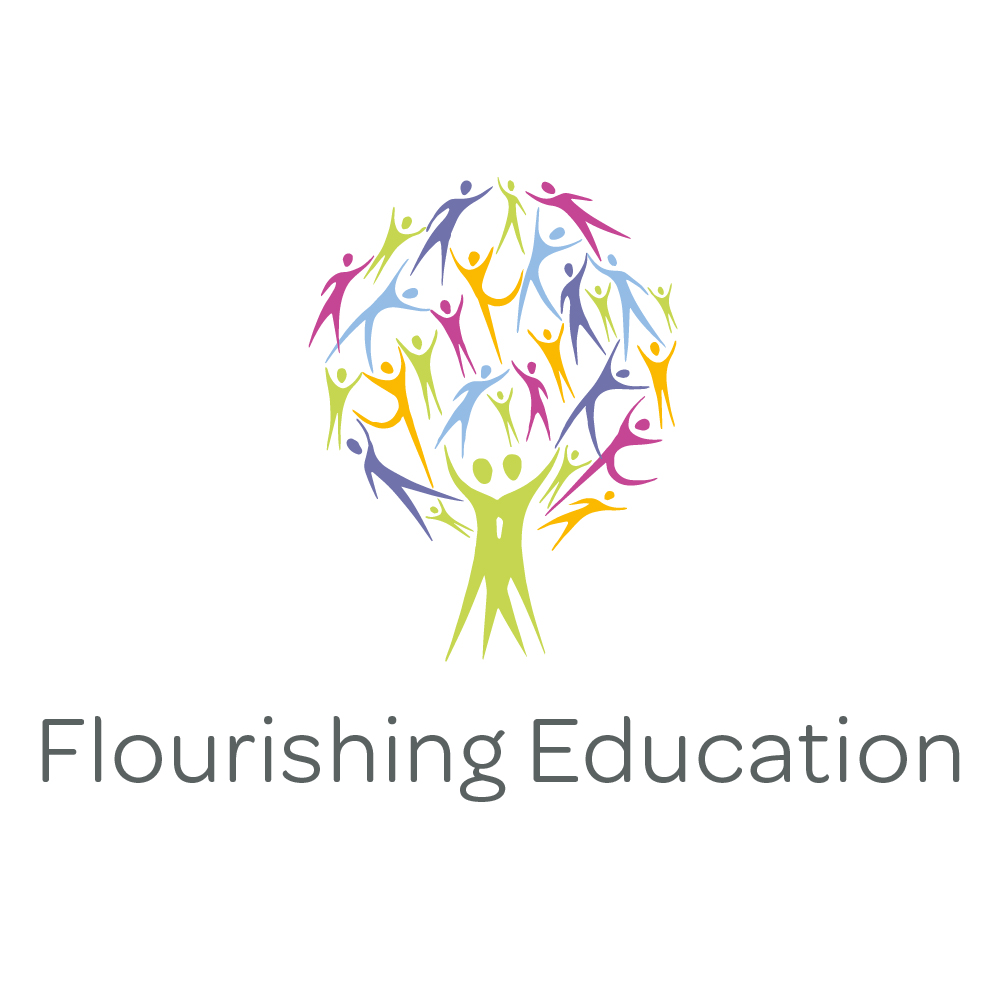A lot of the research focused on students and carried out over the last few years demonstrate that stress takes a significant part of a student’s life and show an increase in stress for students, especially in recent years.
Large amount of information provided to us focus on the effect of stress on our body and the negative aspects of stress but what would happen if we looked at stress as a friend who is trying to make us aware of what is going on for us internally?
What is stress, anyway?
Stress is defined by the Oxford dictionary as a state of mental or emotional strain or tension resulting from adverse or demanding circumstances. In his book Wisdom of the Body, Walter Cannon first described the term fight or flight response (also called the fight, flight, freeze or fawn response in Post traumatic stress disorder, hyper-arousal or the acute stress response) as a physiological reaction that occurs in response to a perceived harmful event attack or threat to survival. This response is what kept prehistoric people alive. They instinctively knew to fear dangerous situations such as confrontations with large predators. But the thing is, once they had escaped the threat our ancestors would rest and recover from this fight or flight response. This emergency state was only meant to last long enough to keep them out of danger.

In his book Why zebras don’t get ulcers, Dr Salpozki explains that in the short term, stress hormones are “brilliantly adapted” to help you survive an unexpected threat. “You mobilize energy in your thigh muscles, you increase your blood pressure and you turn off everything that’s not essential to surviving, such as digestion, growth and reproduction,”. He also added that “You think more clearly, and certain aspects of learning and memory are enhanced. All of that is spectacularly adapted if you’re dealing with an acute physical stressor—a real one.”
The problem is that unlike your ancestors, most of the time you get stressed over many non-life threatening situations in your daily lives such exams, results, revisions, relationships, financial worries and these also trigger the release of adrenaline and other stress hormones, which, over time, can have devastating consequences to your health. This will also have an effect on the way you think, learn and focus. This is what articles in the press have been focusing and why you are told that stress is your enemy and that you need to fight it.
Well, isn’t stress my enemy if it is going to make me ill in the long term?
Like Health Psychologist Kelly McGonigal states in her amazing TED talk, my mission is also to help as many people become happier. My focus is on students and colleagues in Higher Education so that they can truly enjoy their experience at University. I also believe, as she does, that it is vital for you (and me) to see stress as a positive mechanism. Most importantly, in the same way she does in her work, I would urge you to change the way you think about stress because it can make you healthier. Stress is only a physical reaction to an event. It is not bad. It simply indicates how you are feeling towards an external situation and you could decide to see your stress response as helpful. This would in turn change your physical response to stress.
So after watching this talk and reading this post – how do you see stress? Is it a foe or a friend? Would you be willing to change your mind and as result change the way your body responds to stress?
We would love to hear back from you. So please, feel free to comment below.
References:
- Cannon, Walters (1932). Wisdom of the Body. United States: WW. Norton & Company. ISBN 0393002055

This is such a new way to think about stress. Great post.